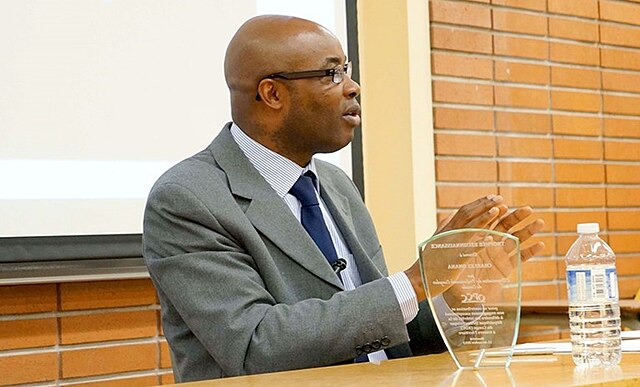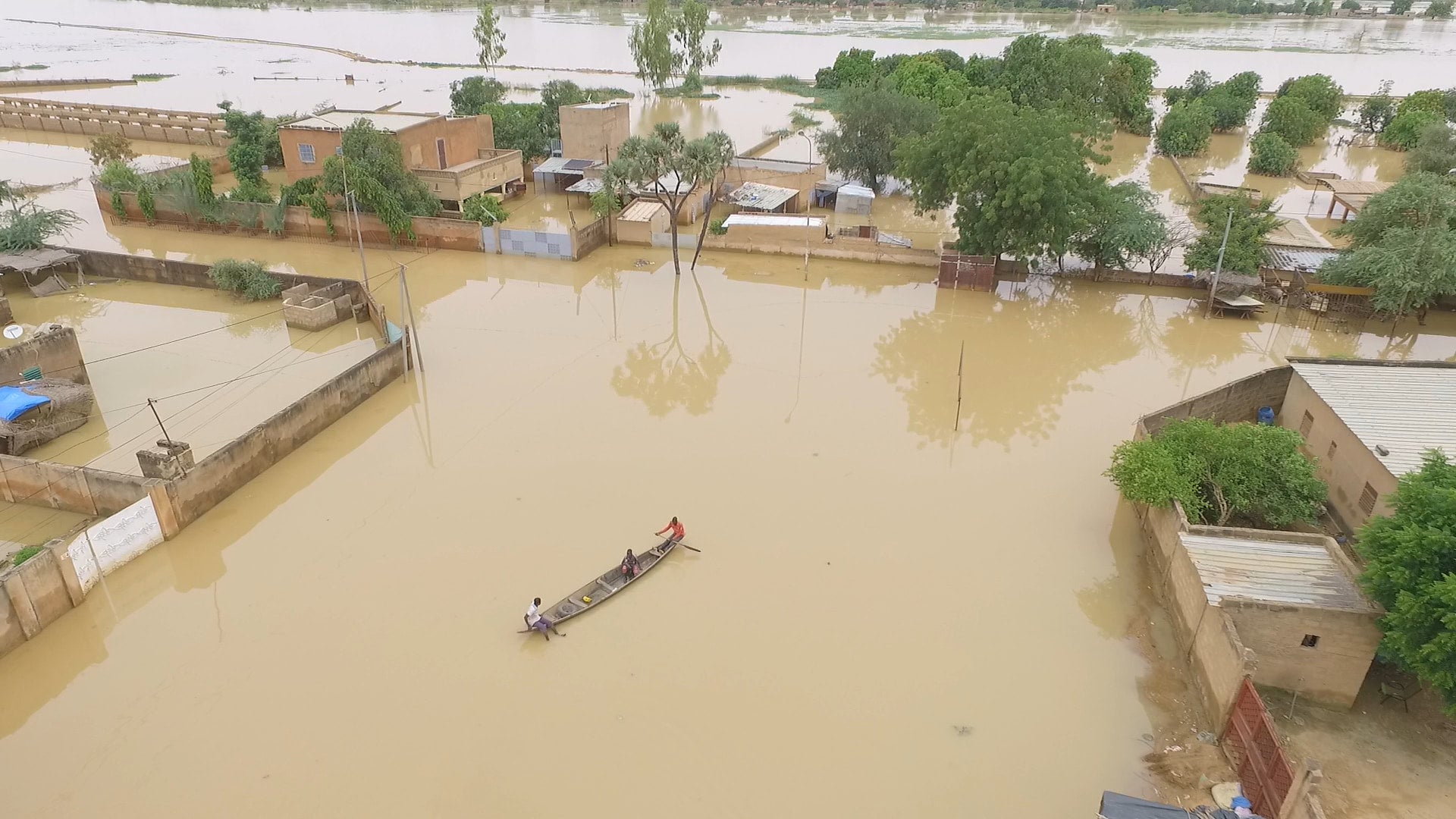
A trial under high tension: Charles Onana and the contestation of the Rwandan genocide
A controversial pen facing justice
The trial of Charles Onana, a French-Cameroonian intellectual, opens in a tense atmosphere in Paris. Accused of "contesting crimes against humanity" for his book published in 2019, Onana questions the planning of the Rwandan genocide of 1994. For him, the theory that the Hutu government premeditatedly organized the assassination of 800,000 Tutsis and moderate Hutus would amount to "one of the biggest scams of the century". These remarks, considered as a rewriting of history by many observers, have sparked a wave of international indignation.
This is not the first time that the writer has found himself at the center of a legal controversy. He had already been sued in 2020 by the NGO Survie and the International Federation for Human Rights (FIDH) for "publicly contesting crimes against humanity". Today, the court must rule on the content of his book, which according to his detractors, tends to minimize the atrocities committed during this genocide widely recognized by the international community.
The 60-year-old writer defended himself through his lawyer Emmanuel Pire, stating that his work is the fruit of more than ten years of meticulous research into the events that led to the genocide, but also into what happened before and after. "He does not deny the genocide," his lawyer insists. "What he disputes are the political and social mechanisms that allowed this tragedy to happen. His book is a scientific analysis and not a dispute of the facts."
The weight of words in a legal case
The central question raised by this trial is that of freedom of expression in the face of crimes against humanity. Can one, in the name of research or historical analysis, challenge the official version of an event as tragic as the Rwandan genocide? In France, the answer seems to be no, at least when it comes to facts recognized by the State. French law, in fact, prohibits the denial or minimization of genocides, including the Holocaust, and recently, the Rwandan genocide has also been protected by this legislation.
Charles Onana's supporters, for their part, denounce what they call a political trial aimed at silencing any criticism of the "official" versions of history. For them, this trial constitutes an attack on academic freedom, and Onana's work only explores alternative avenues in the analysis of a complex event. "It is about understanding the workings of this tragedy to prevent it from happening again," declares one of his supporters. However, this defense seems insufficient for human rights organizations who see in these theses an insidious way of rehabilitating those responsible for this massacre.
Rwanda and France: a heavy past to bear
This case comes at a time when relations between France and Rwanda, historically tense, are only just beginning to warm up. In 2021, President Emmanuel Macron officially asked the Rwandan people for forgiveness for France's role during the genocide. He acknowledged that his country had "failed to see" the imminent carnage, preferring "silence to examining the truth". While this speech was well received in Kigali, the question of French responsibilities remains a sensitive subject, and this trial could well reopen wounds that have barely healed.
Let us recall that France has long been accused of tacit complicity with the Hutu government of the time, notably by providing military and political support to the regime in power until the last days preceding the massacres. Although France has never been officially accused of active participation in the genocide, its role in supporting the Hutu authorities is seen by many as a major historical error.
A trial with symbolic significance
This trial is therefore of symbolic importance, not only for French justice, but also for the way in which the Rwandan genocide is perceived and treated in the public and academic spheres. For Camille Lesaffre, campaign manager for the NGO Survie, "this trial is historic because there is still no case law in France on the question of the denial of the Rwandan genocide." She adds: "We must rely on the case law related to the Holocaust, which shows to what extent French justice still has to evolve on this subject."
Whatever the verdict, the outcome of this trial will have a lasting impact. If Charles Onana is convicted, it will set an important legal precedent for the recognition of genocide in French law. But if the court chooses to acquit the writer, it could open the door to more controversial publications on the subject, with unpredictable repercussions.



Leave a comment
This site is protected by hCaptcha and the hCaptcha Privacy Policy and Terms of Service apply.